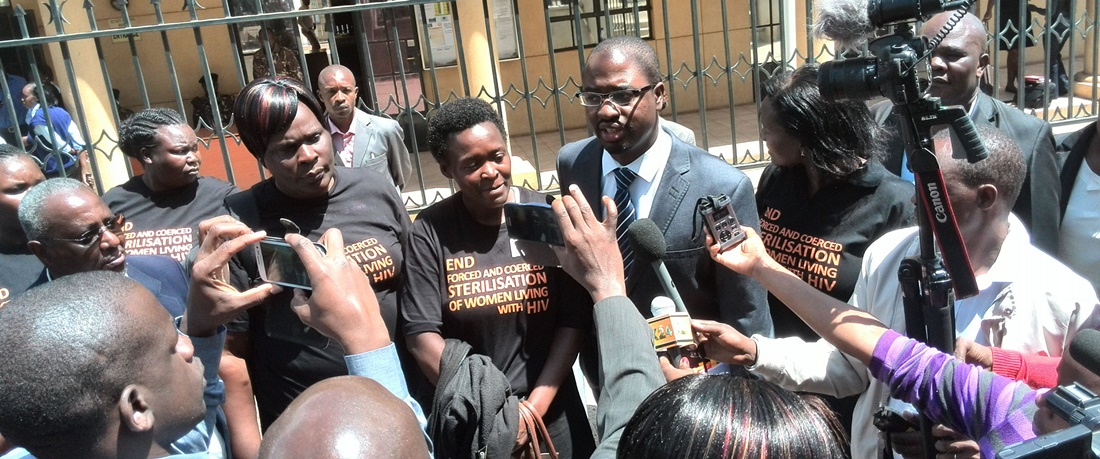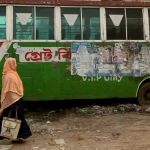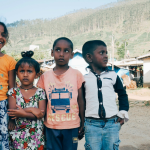KELIN, a legal NGO promoting and protecting HIV related human rights in Eastern Africa, is looking to obtain redress for five HIV-positive women who allegedly were forcibly sterilised in Kenya. They are taking legal action against the Kenyan Health Ministry and two international NGOs, claiming that the women were sterilised without their consent at government health facilities in Nairobi. iProbono lawyers supported KELIN in the preparation of court papers by reviewing the petition and affidavits, bringing different perspectives to the cases.
Teresia Otieno, one of the affected women, told the BBC, “I went in for an operation to give birth to my first child. By the time I was leaving the operation the doctor told me I had been sterilised.” The women were allegedly induced with promises of medical fee payments and later threatened with refusal of food rations and baby formula milk. KELIN has filed two cases in the Constitutional and Human Rights Division of the High Court to seek declarations that the actions of sterilisation, in this case via a procedure called tubal ligation, were unconstitutional.
“The mere fact that I am able to use the law to make another person’s life better gives me the motivation to do what I do.”
Allan Maleche
Executive Director, KELIN
The findings of a 2012 report by the African Gender and Media Initiative, titled Robbed of Choice formed the basis of the case. The report presented testimonies of 40 Kenyan women who had been coercively sterilised in different healthcare facilities in Kenya, citing that such activities were systemic in public health facilities. KELIN met with these 40 women after the launch of the study to verify their cases and settled on the five women who had good evidence and were willing to go to court.
Allan Maleche, Executive Director of KELIN, started off as a litigator giving pro bono services to KELIN as a lawyer. His devotion to health and human rights has driven him to use the law to ensure justice for those most vulnerable and marginalised.
The comments and research from iProbono lawyers helped improve the quality and content of the affidavits and other pleadings which added value to the case that was presented to the High Court. As the first case of its kind to be filed in Kenya, it was essential for the Court to be presented with well-prepared papers to ensure a just outcome for the clients and many other women living with HIV.







